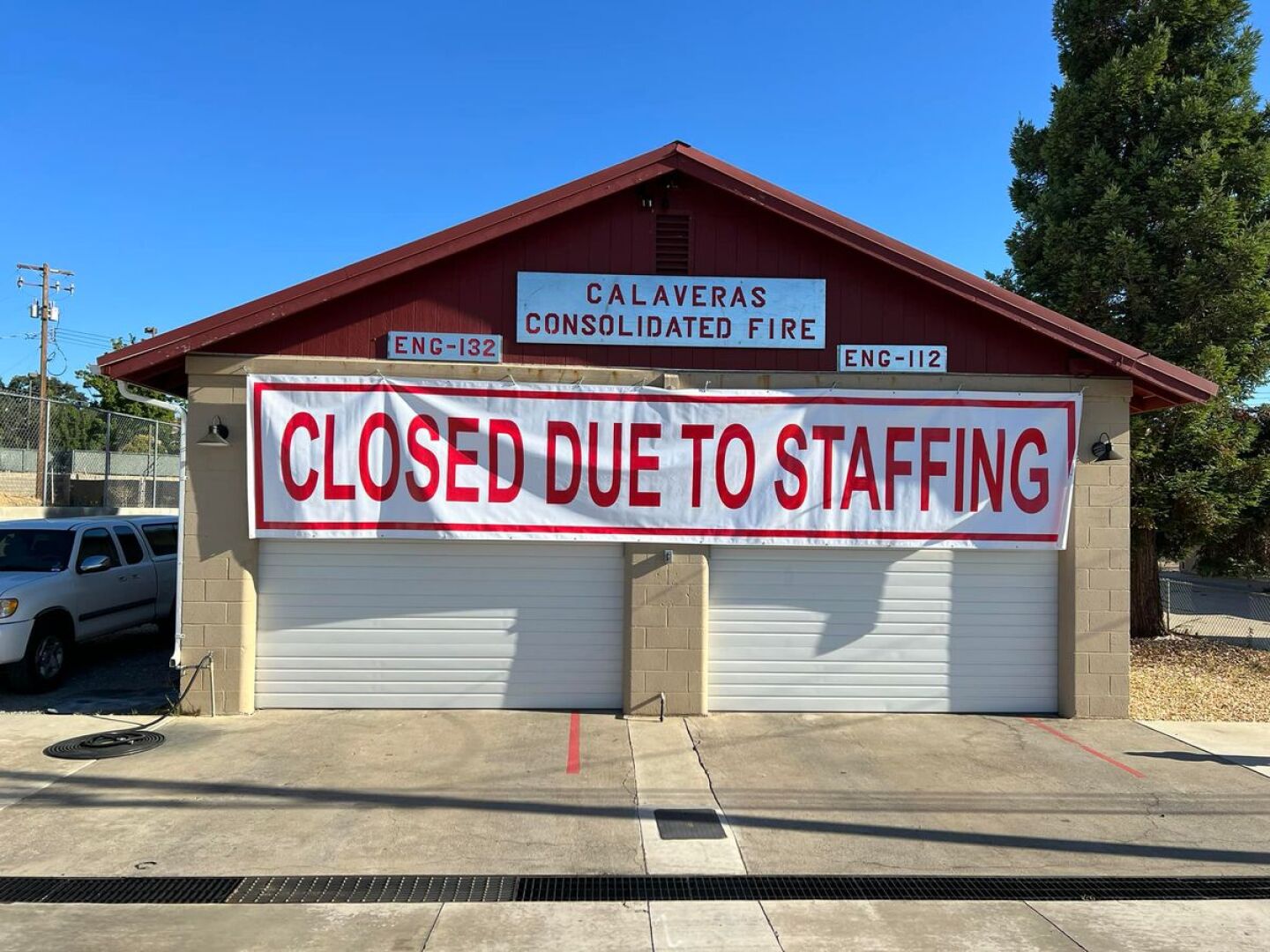As firefighters, you’re well aware that the challenges faced by the fire service are as dynamic as the profession itself. In recent years, the American fire service has navigated a complex landscape of evolving responsibilities, emerging threats and persistent obstacles. Unpredictable factors such as the COVID-19 pandemic and the escalating impact of climate change have compounded these challenges, while long-standing issues such as budget constraints, aging infrastructure and workforce diversity continue to require our attention and action.
We asked ChatGPT to list the top 10 challenges facing the fire service from 2011 to 2021. Its answers illustrate the breadth and depth of issues that have shaped the fire service and will likely continue to influence the future direction of the industry. FireRescue1 editors have added the bulleted resources to help spotlight further analysis and solutions to these challenges.
- Recruitment and Retention: Volunteer fire departments, in particular, struggle to recruit and retain members. The commitment required is significant, and many people are unable or unwilling to make the sacrifice.
- Budget Constraints and Funding Issues: Many fire departments across the country have faced significant budget cuts, leading to staffing reductions, outdated equipment, and inadequate training resources.
-
Rising Call Volumes: While the number of actual fires has generally decreased, fire departments are increasingly tasked with responding to medical emergencies, natural disasters, hazardous material incidents, and other non-fire emergencies, increasing the workload significantly.
- Aging Infrastructure: Many fire stations and other facilities are old and in need of significant repairs or upgrades. This can affect the ability to respond to emergencies effectively and safely.
-
COVID-19 Pandemic: The pandemic has affected fire departments in many ways, including increased call volumes, the need for new safety protocols, and the risk of firefighters themselves becoming infected and unable to work.
-
Climate Change: The increasing frequency and severity of wildfires, particularly in the western U.S., have created enormous challenges for fire departments.
-
Mental Health and PTSD: The high-stress nature of firefighting can lead to mental health issues, including post-traumatic stress disorder (PTSD). The stigma surrounding mental health often prevents firefighters from seeking help.
- Diversity and Inclusion: Fire departments, like many other institutions, have struggled with issues surrounding diversity and inclusion. This includes not only racial and ethnic diversity but also the inclusion of women and LGBTQ+ individuals.
- Health and Wellness: Firefighters face a variety of health risks, including heart disease, cancer, and injuries. Ensuring the health and wellness of firefighters is a major challenge.
-
Technological Changes: The rapid pace of technological advancement means that fire departments must constantly update their equipment and training. This can be a challenge, particularly for departments with limited resources.
Did ChatGPT nail it or miss the mark? What would you add to the list? Email editor@firerescue1.com.














